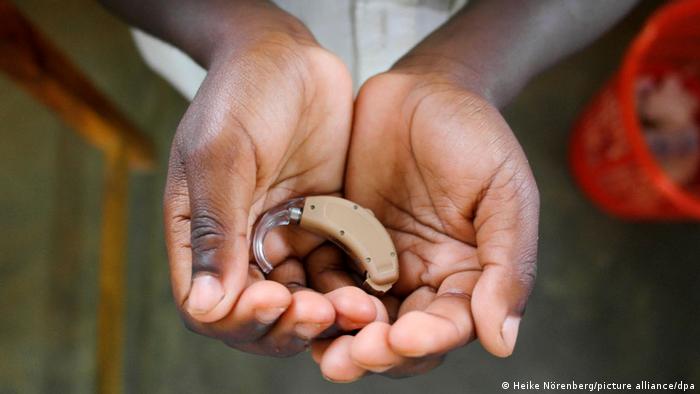PARENTS should not give young kids alcohol at home, a doctor warns.
Brit law should be updated to stop youngsters getting a taste for booze at parties and family gatherings, says health lecturer Dr Aric Sigman.
It is currently legal for children and teens aged five to 17 to drink in a private home.
But Dr Sigman warns it makes them more likely to become addicted in adulthood.
And it raises their risk of health problems such as cancer, liver disease and damage to the heart and brain.
Dr Sigman said: “A significant proportion of parents here and in other European countries allow – and even encourage – their young adolescents to drink alcohol, believing that it will teach them responsible use.
“But alcohol use during the teenage years is related to a wide range of health and social problems.”;
Figures show one in seven UK kids have their first tipple before the age of 11 – while they are still at primary school.
By the age of 15, 70 per cent have tried booze, according to alcohol charity Drinkaware.
Writing in the journal Archives of Disease in Childhood, Brighton-based Dr Sigman said many people still believe the “French family drinking myth”;.
This is the idea that giving children a small amount of drink when they are young will stop them going over the top when they grow up.
He said: “While some may believe that the traditional French ‘Mediterranean’ approach has helped France avoid significant alcohol-related problems, the World Health Organization reported that alcohol consumption is higher and years of life lost is higher in France than in the UK.”;
Health bosses in Britain urge parents to explain the dangers of alcohol to their kids before letting them have any.
NHS guidelines say: “If children do drink alcohol, they should not do so until they’re at least 15 years old.
“If 15 to 17 year olds drink alcohol, it should be rarely, and never more than once a week.
“They should always be supervised by a parent or carer.”;




